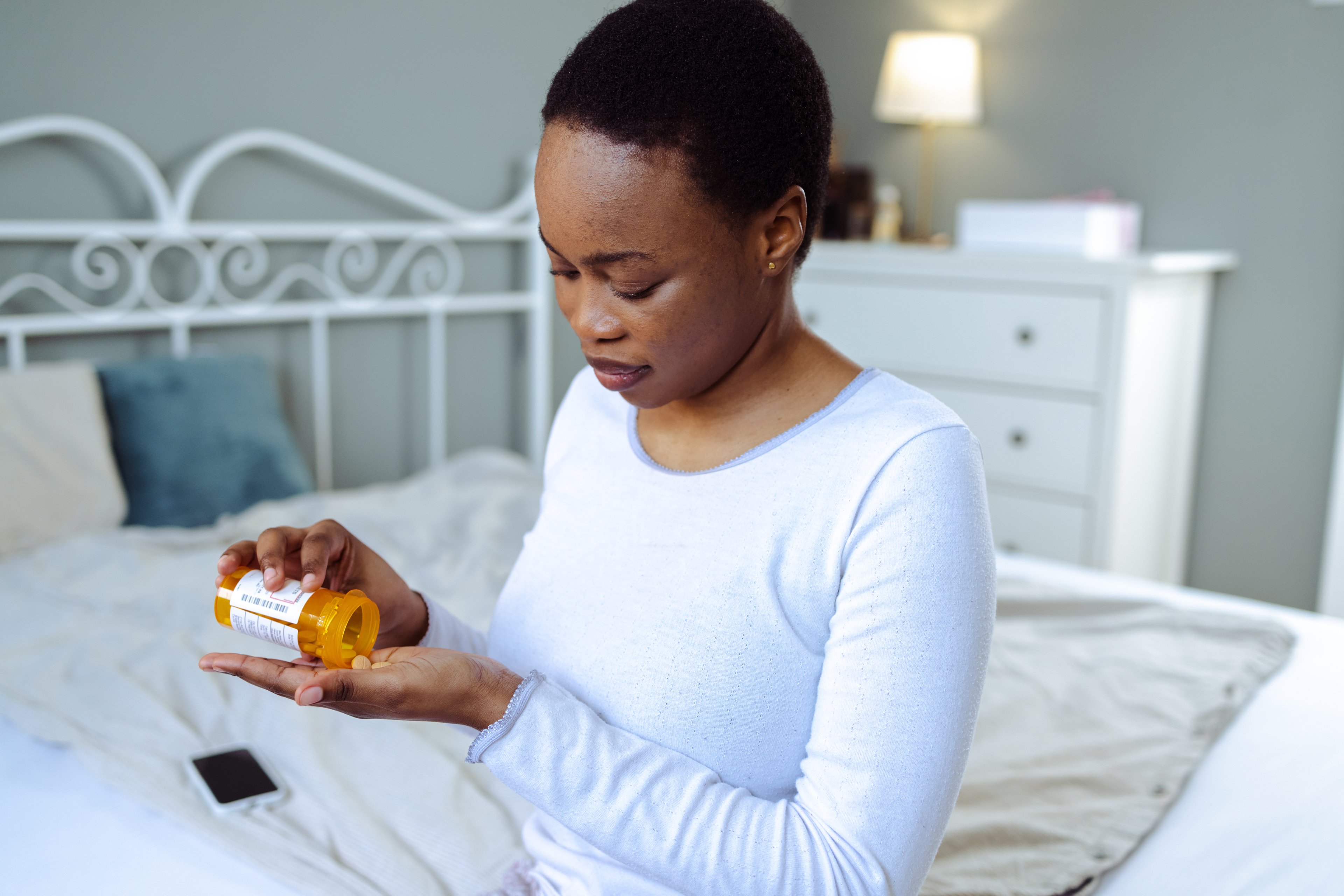Neither Eli Lilly (LLY 6.26%) nor AbbVie (ABBV 0.19%) has provided much for investors to get excited about so far in 2019. Both big pharma stocks are down by single-digit percentages year to date. But Lilly and AbbVie each hold the potential to deliver more attractive returns down the stretch.
Which of these two stocks is the better pick for long-term investors? Here's how Lilly and AbbVie compare in several key areas.

Image source: Getty Images.
Current products
Eli Lilly claims eight products with fast-growing sales. The company's top-selling drug, Trulicity, generated revenue of a little over $1 billion in the third quarter, up 24% year over year. Another diabetes drug, Jardiance, raked in nearly $241 million in Q3, a 44% jump from the prior-year period. Cancer drugs Cyramza and Verzenio saw sales soar 21% and 86%, respectively.
A couple of newer products are also stepping up to the plate for Lilly. Third-quarter sales for rheumatoid arthritis drug Olumiant more than doubled from the prior-year period to nearly $115 million. Migraine drug Emgality, which the FDA approved in September 2018, delivered sales of close to $48 million in Q3. Lilly also has recently won FDA approval for another promising migraine drug, Reyvow.
Lilly's immunology drug Taltz is another big winner, with sales jumping 29% year over year to $340 million in the third quarter. That increase disappointed some investors, though, who were expecting even stronger growth. Lilly's real problem areas, however, are with several of its older drugs. Sales continue to plunge for Cialis, while revenue from Humulin, Alimta, and Forteo slid by single-digit percentages in Q3.
AbbVie continues to rely heavily on its powerhouse immunology drug Humira. Sales for the top-selling drug totaled over $4.9 billion in Q3, down 3.7% year over year because of biosimilar competition in Europe. Humira's sales will really plummet beginning in 2023, when biosimilars reach the U.S. market.
But AbbVie has several other drugs that it thinks can more than offset the coming declines. Sales for cancer drug Imbruvica continue to soar, up 29% to a little over $1 billion in Q3. Another cancer drug, Venclexta, is generating even faster growth, with Q3 sales more than doubling year over year to $221 million.
Market researcher EvaluatePharma ranked AbbVie's new immunology drugs, Rinvoq and Skyrizi, among the top five new drug launches of 2019. The drugs could together deliver peak annual sales topping $10 billion.
AbbVie's pending acquisition of Allergan (AGN +0.00%) will bring several other major products into its lineup. The most important of these drugs is Botox, which saw sales rise 6% year over year in Q3 to nearly $929 million. AbbVie will also pick up fast-growing antipsychotic drug Vraylar and birth control pill Lo Loestrin in addition to several other Allergan products with significant sales.
Pipeline
Eli Lilly claims seven programs awaiting regulatory approval and 15 programs in late-stage clinical studies. The company also has 12 programs in phase 2 testing, with 25 programs in phase 1 studies.
Several of Lilly's programs awaiting approval and in late-stage testing are seeking new indications for already-approved drugs. Two new drugs, though, especially stand out. Mirikizumab targets treatment of Crohn's disease, psoriasis, and ulcerative colitis. Tanezumab, which Lilly is developing with Pfizer, targets cancer pain, osteoarthritic pain, and chronic lower back pain.
AbbVie has 16 late-stage programs. The company's pipeline also includes 12 phase 2 programs plus 22 phase 1 programs. The acquisition of Allergan would add another 12 late-stage programs and 15 phase 2 programs, along with at least five early stage programs.
Like Eli Lilly, several of AbbVie's late-stage programs feature already-approved drugs that could pick up new indications, notably including Rinvoq, Skyrizi, and Venclexta. The company also has a promising new Parkinson's disease drug, ABBV-951, in late-stage testing.
Dividend
Lilly's dividend yield currently stands at nearly 2.3%. The company has increased its dividend payout in each of the last five years.
AbbVie ranks as one of the most attractive dividend stocks on the market, with its dividend yielding nearly 5.5%. It has boosted its dividend for an impressive 47 years in a row, including the time it was part of Abbott Labs. Since being spun off from Abbott in 2013, AbbVie has increased its dividend by 195%.
Valuation
Eli Lilly stock currently trades at 17 times forward earnings. This is a significantly higher valuation than that of AbbVie, which trades at only nine times forward earnings.
Better buy
Growth investors can find better alternatives than either of these two pharma stocks. Most investors considering Lilly or AbbVie will probably primarily focus on the dividends. Based on this criterion, AbbVie is definitely the better pick. It's also the more attractive choice for value investors.
I expect that Eli Lilly will deliver stronger growth over the next several years than AbbVie will, though. Lilly is already dealing with the impact of slumping sales for Cialis, while AbbVie has yet to face the toughest challenges for Humira. Over the longer term, however, I fully expect AbbVie will return to solid growth. The company's early and mid-stage pipeline looks very promising. I also suspect that the Allergan acquisition could prove to be a smarter move than many think.









